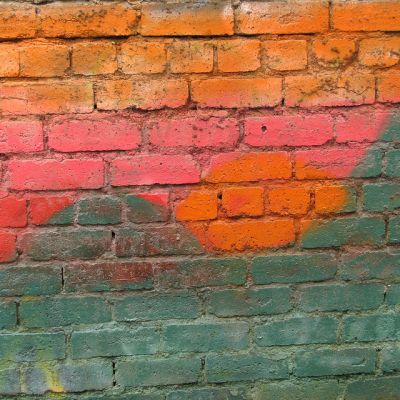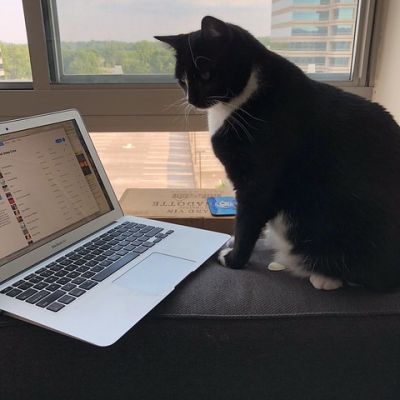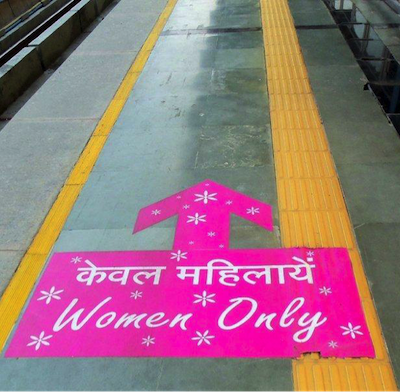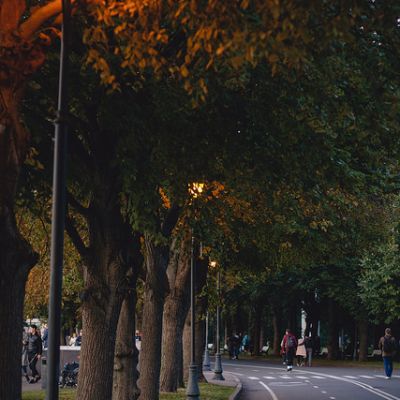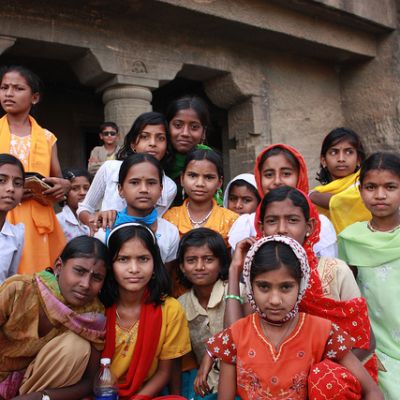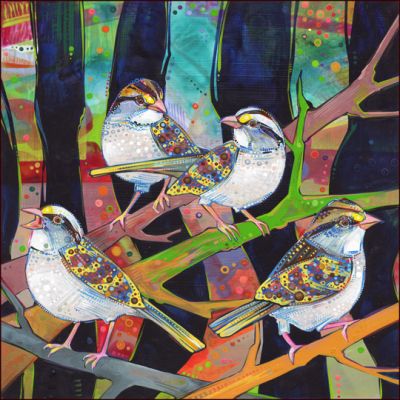Voices
There is no singular way of being queer or performing queerness. We are all products of converging and diverging histories and our queerness is shaped by forces tangible and intangible in the everyday.
Feminine energy is supposed to be yin, receptive, gentle, intuitive,and fulfilling. Masculine energy is supposed to be yang, active, fast, fierce, emptying, goal-oriented and focused.
From my experiences, I find that diversity is not an end unto itself. Instead, it is a tool for reflection, a mirror that shows not only who we, and the society we live in, are in the present, but what we aspire to be in the future.
To claim the public then in arbitrary, messy and oppositional ways, whether on the streets or online is to challenge the neoliberal impulse which is located in the creation of order. To create place, to stake claim, thwarts the desires for the sanitised neoliberal city and is a politics.
As renowned queer scholar Judith Butler said, “For those who are still looking to become possible, possibility is a necessity.” This is essential but also easier said than done.
Six years later (and out of such an abusive relationship), as I sit in a Gender Studies classroom discussing public and private spheres, being introduced to the feminist ideology of the personal being political, I reflect back and see my experiences as emerging from a complex discursive pattern. The peculiar way in which heterosexual romantic relationships are envisaged and the potentiality of them being disruptive of traditional arrangements of companionship requires them to be manifested outside of the four walls of home and family. Yet, one faces a situation of a pathetic lack of safe spaces within the public sphere and the traditional discourse of love being private and contained within the private sphere…
My mother and I have both made certain choices, sometimes inconvenient for me, sometimes difficult for her, but those choices have revealed to me the strength of our relationship and alternative possibilities that she and I can imagine together.
Choices in the sexual area should remain personal while maintaining the dignity and the rights of all people who must be able to make fully informed choices in this area. It is the duty of the state to provide the education and information to its people in this area but not intrude into their personal choices.
Consent, however, is not so straightforward in the digital world. With instances where data can be hacked into, and with deep fake technologies making it more difficult to distinguish between what is real and what is fake, we have a situation where it is difficult to completely anticipate the kinds of risks involved, and the ways in which sexually explicit material is used.
Choices about life, relationships and desires are all defined based on socio-economic background, caste, class, gender and sexuality. When these young girls found a comfortable and safe space, they openly talked about their desires and experiences and how they negotiated their existing environments in order to pursue their desires.
Roland Barthes writes in A Lover’s Discourse that we begin to think of ‘love’ as an idea only when our beloved or the object of desire has departed – either when love has failed, or in the absence of the lover – that is absolutely crucial to any theorisation of love.
After five months I received a call from Natasha telling me about the content of a WhatsApp chat that Raajveer was having with one of his male teachers. “He is missing his Sir and crying. He is very confused. He sent him roses on chat and reassuring messages saying that he will always be there with his Sir and will never leave him. We are very worried. My husband is not aware of this, and neither do I want to tell him about it. Please help him”, said Natasha over the phone.
Desire is a man’s turf, right up there with moustaches and Adam’s apples / I’m the apple, I am the snake, I am Eve / I am the vibrator nestled between flimsy, cheap lace underwear / I am the shame, of saying I came
As if the challenges of parents bringing up adolescents in a world dominated by social media is not enough, the addition of teaching these parents to accept different sexual orientations and the fluidity of gender in a gender-binary world can be daunting.
Somewhere in the middle of Nanette, as I was crying and laughing, I thought about how political incorrectness is the soul of stand-up comedy.


